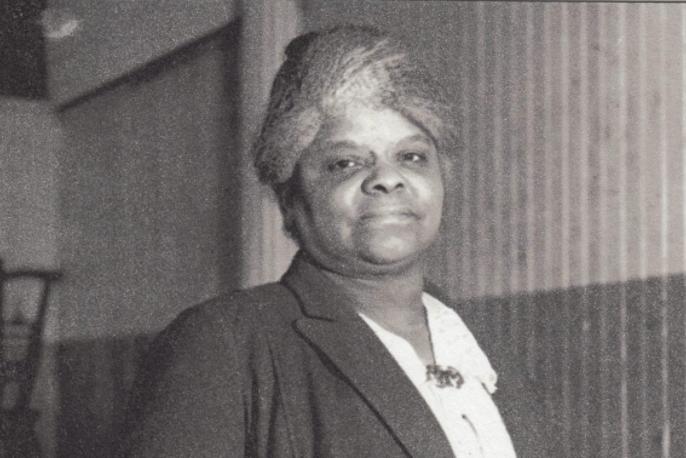Black history month is a great way for us to learn about those who have championed the cause against racial injustice in white history obscurity. When I was in school, I was taught nothing about Black history…with the exception that slaves loved being in bondage and happily sang songs as portrayed in Gone with the Wind.
Ugh, how embarrassing.
So I recognize that it is incumbent upon me to learn a more inclusive history. Each year, I pick someone from Black History and Women’s History to research.
 This year I cheated, I chose Ida B Wells, both an important voice for African Americans and a champion of women’s voting rights.
This year I cheated, I chose Ida B Wells, both an important voice for African Americans and a champion of women’s voting rights.
Born into slavery in 1862, she became one of the most renown journalists of her time (very unusual for a person of color) documenting lynching with unabashed bravery.
Always an activist (she was a cofounder of the NAACP), she gained notoriety when she took on the railroads in 1884 for requiring her to give up her (paid) first class seat to move to a less desirable (smoking) car. When she refused, she was thrown off the train and began her journalism career documenting her treatment and her subsequent lawsuit against the railroad (she lost…in part thanks to a prior Supreme Court ruling).
She began her career as a teacher in Memphis. But after learning about the lynching of two friends, she began chronicling lynching. By shining a light on this barbaric practice, American Northerners and the world could no longer turn a blind eye to Southern depravity. Not surprisingly, a White mob destroyed her newspaper office and presses.
Prior to her investigative pamphlets, Southern Horrors and The Red Record, Wells documented lynching under an assumed name for the Washington Star. When her writing was brought to light, she was fired by the Memphis School board and, in fear of her life after the mob destruction, moved to Chicago.
Oh by the way, since she was woman, she did all of this while raising six children.
Not content to just report lynchings, she also analyzed why they occurred. Despite Southern justification, she uncovered that Black economic progress, bi-racial affairs, fear of a Black uprising, and refusal of courageous Black men to accept Jim Crow were the real reasons. She concluded that 25% claimed to be about the “rape of white women.” She shined on bright light on this cruel injustice for the world to witness.
An educator at heart, she also promoted causes that gave all races and nationalities access to libraries and knowledge; understanding that education was power.
She was an outspoken Suffragette. She educated her African American colleagues on the importance of women’s votes to improve the condition of Black Americans and organized a multi-racial group for suffrage. Her group is considered primarily responsible for the election of the first Black alderman in Chicago (Oscar De Priest).
Her organization traveled to DC to attend the Women’s Suffrage parade in 1913. However, Southern White Suffragettes threatened a boycott if African American Suffragettes participated. In an attempt to appease the Southern Suffragettes, organizers asked Ida B. Wells and other Black Suffragettes not to march, knowing that Woodrow Wilson, among others, was no friend to African Americans.
But Ida B Wells was an indomitable force, so, after an initial skirmish (where anti-Suffrage men became violent); she mysteriously ended up at the front of her delegation and marched in the parade.
Ida B Wells was a force against injustice that would never be quashed.
Angela Rieck, a Caroline County native, received her PhD in Mathematical Psychology from the University of Maryland and worked as a scientist at Bell Labs, and other high-tech companies in New Jersey before retiring as a corporate executive. Angela and her dogs divide their time between St Michaels and Key West Florida. Her daughter lives and works in New York City.

